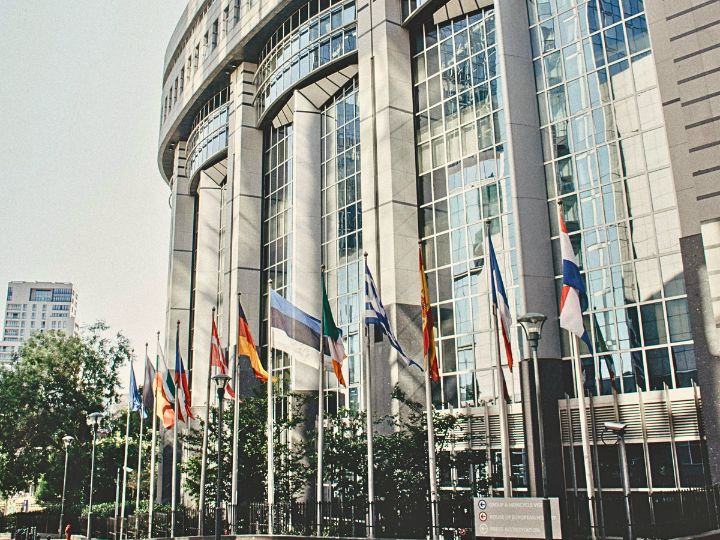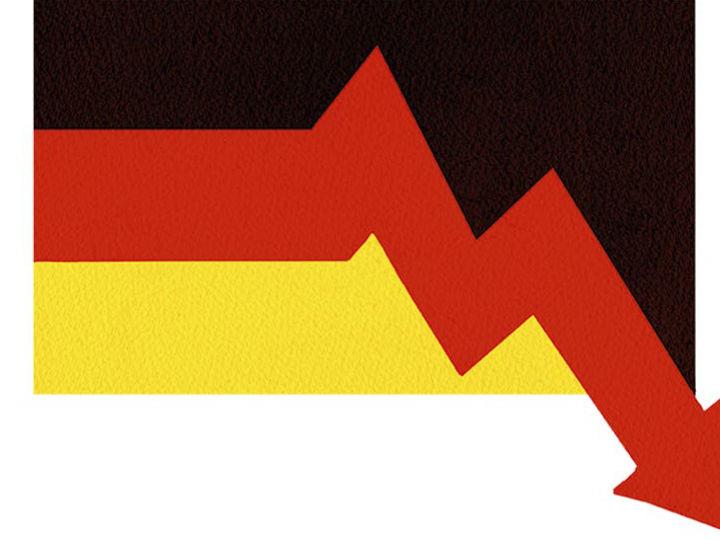N. Peter Kramer’s Weekly Column
A European Commission draft proposal to reform the next EU’s seven-year €1,2 trillion budget has already generated controversy. Negative comments came after revelations that the plan means that hundreds of separate EU funds will disappear into one big single pot.
These comments came after criticism that funds released under the EU’s pandemic-era Recovery and Resilience Facility are not transparent or traceable. EU Ombudsman Emily O’Reilly opened the discussion during an online event. She told the audience that, while national websites often set out how member states are allocating recovery funds, in many cases they only mention intermediaries such as the national agriculture ministry rather than the beneficiaries of individual projects.
‘Citizens have a right to have decisions as closely to them as possible, a right to take part in the life of the Union’, Ms O’Reilly said. A right that cannot be exercised if they don’t know what’s going on.
The European Parliament is also not happy. From the Parliament’s Budget Committee comes already the remark, that the proposal could be blocked if beneficiaries of the funds remain shrouded in secrecy.
The Commission’s draft proposal is to put away in total 530 programmes under the current seven-year budget. Multiple pots dedicated to innovation, space, health or the single market could merge into one single competitiveness fund, tied to policy goals and including the respect for the rule of law.
European Commission President Ursula von der Leyen’s dictatorial hand is clearly visible: more power for the Commission, less for the member states.







